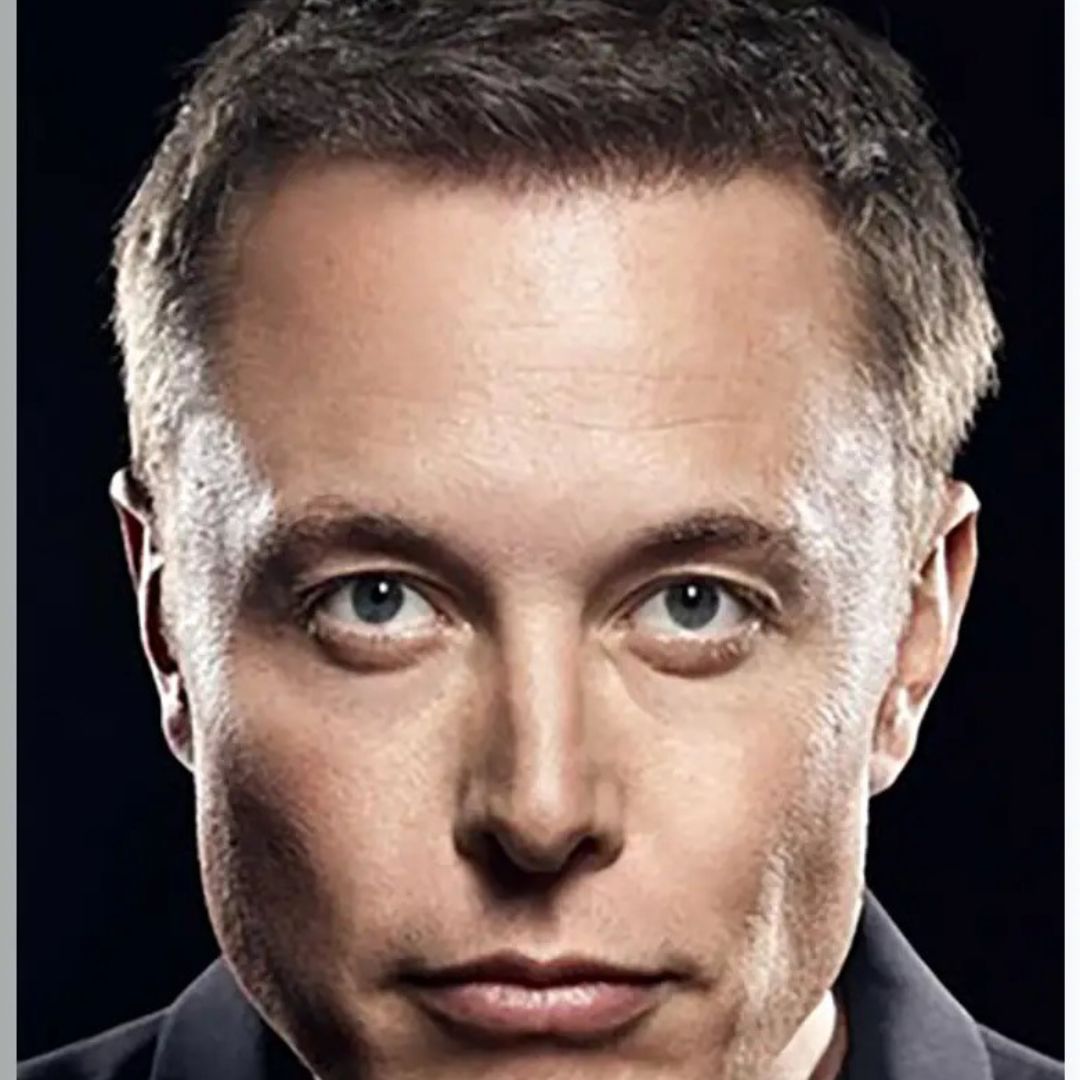
Walter Isaacson’s biography of the billionaire entrepreneur depicts a mercurial “man-child” with grandiose ambitions and an ego to match.
New York Times 11 September 2023
When I talk to people about founders and how to lead a growing company successfully it often triggers a discussion about high profile figures such as Elon Musk. And the way Elon and others lead may even inspire attempts to emulate them or the cultures they create. The sales of Walter Isaacson’s biography about Musk points to our obsession with wealthy, successful and sometimes maverick founders. I get it, I read it too. But it isn’t a good recipe for someone else.
However inspirational such people may be, there will only ever be one Elon Musk, Whitney Wolfe-Herd or Richard Branson. They have their own unique strengths (and weaknesses.) In my new book Founder’s Legacy, I coach founders to address the breadth of challenges that they face in a way that is consistent with their own strengths, values, and purpose. In other words, put simply, don’t try to be someone that you are not.
Why does this matter? Well for one thing you won’t pull it off, it simply isn’t you and leadership must, in the end, be authentic. And for all his brilliance and as his biography reveals, the way Musk treats the people around him and thinks about culture is heavily shaped by his very unique brain and his experiences growing up. As with all of us, his strengths and weaknesses are two sides of the same coin.
So learn from your heroes but don’t try to copy them. Like us, they are gloriously imperfect.